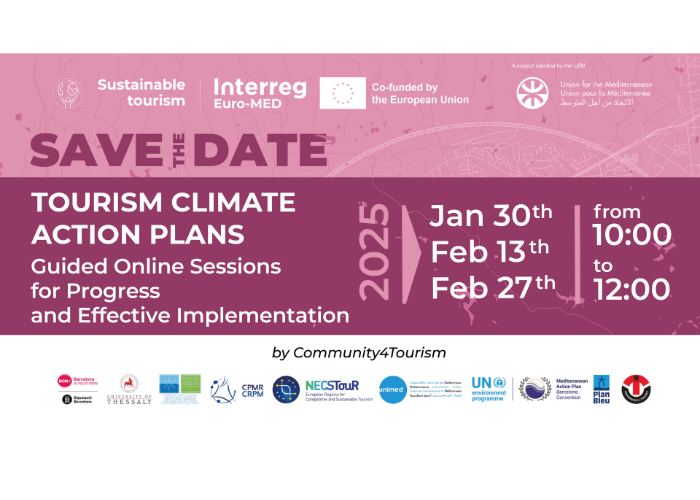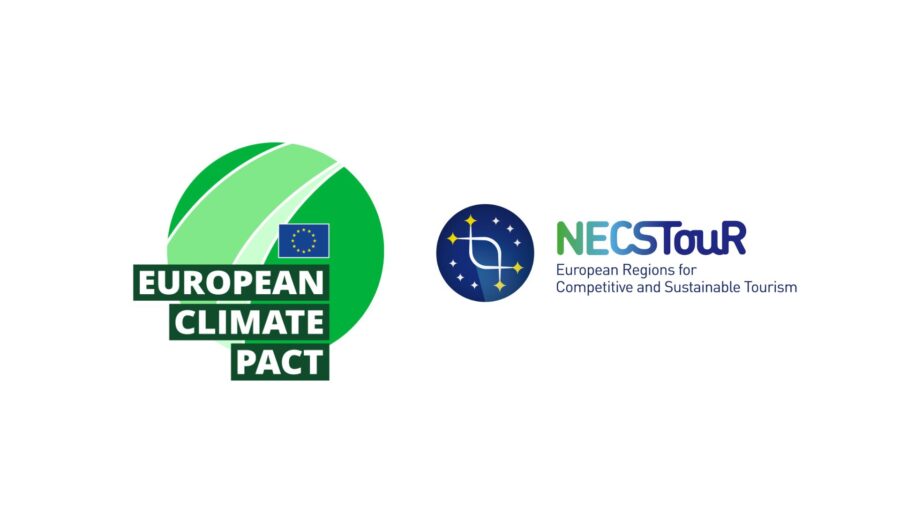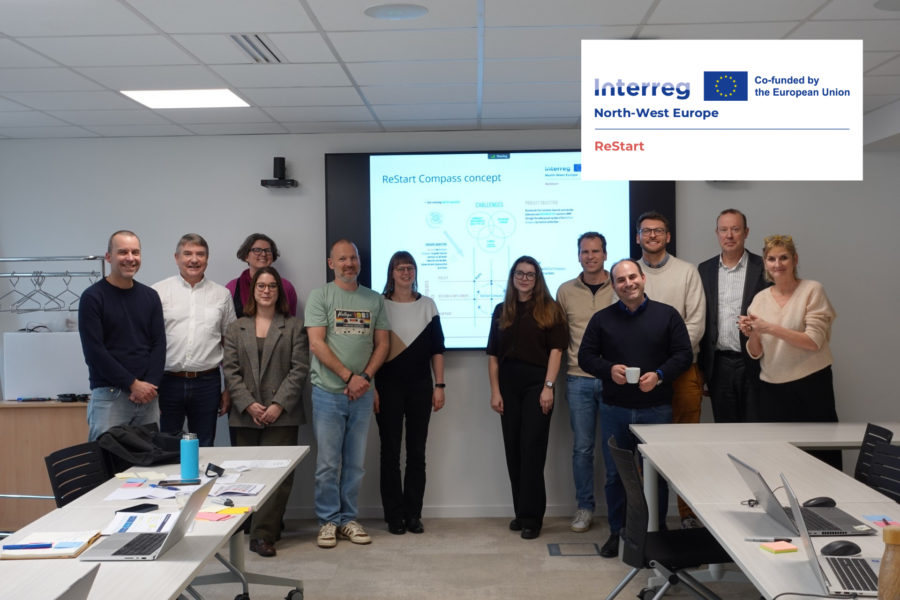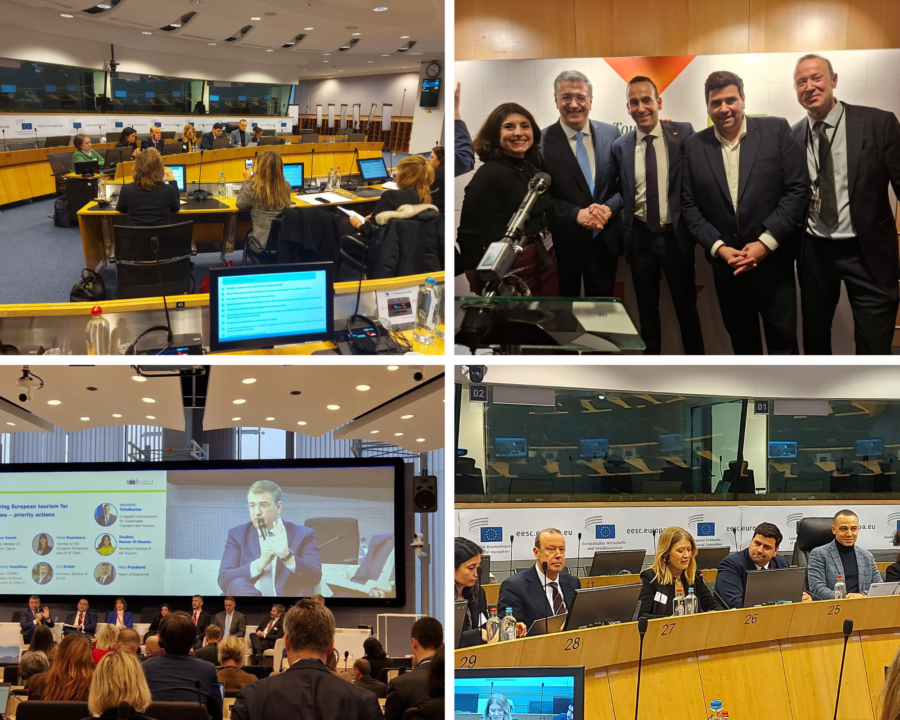

The three-part Online Training Series on the Blueprint for Tourism Climate Action Plans has successfully concluded, marking a significant step forward in sustainable tourism efforts. Organized under the Sustainable Tourism mission of the Community4Tourism project, the series was led by climate action expert Jeremy Smith. Participants gained practical insights and tools to navigate the different stages of climate action planning.
The three-part Online Training Series on the Blueprint for Tourism Climate Action Plans has successfully concluded, marking a significant step forward in sustainable tourism efforts. Organized under the Sustainable Tourism mission of the Community4Tourism project, the series was led by climate action expert Jeremy Smith. Participants gained practical insights and tools to navigate the different stages of climate action planning.
The first session, on January 30, introduced the foundational aspects of Climate Action Planning. Attendees examined the evolution of destination climate action planning, the creation of the Glasgow Declaration, and the key climate risks affecting tourism destinations. Jeremy Smith also discussed the internal conditions Destination Management Organizations (DMOs) need for effective planning, as well as the external factors that drive meaningful change. Participants received valuable resources and insights into overcoming challenges and capitalizing on opportunities in advancing climate action within the tourism sector.
The second session, on February 13, delved into the creation of climate action plans, equipping participants with essential knowledge and tools. Topics included positioning climate action within a destination’s specific context, measuring tourism carbon emissions, and identifying priority actions. Attendees also learned how to distinguish climate action plan objectives from specific actions and how to prioritize initiatives based on urgency, feasibility, and impact.
In the final session, on February 27, Jeremy Smith guided participants through the advanced stages of climate action planning—implementation and tracking. Key topics included the role of storytelling in climate action, the importance of creating compelling narratives, selecting effective indicators, and tailoring reports for different audiences. The session also covered strategies for moving from planning to action, illustrated through successful case studies.
A heartfelt thank you to all participants who joined this impactful training series! While the sessions have concluded, the journey toward sustainable tourism continues. By applying the knowledge gained, we can collectively drive meaningful change and make tourism a catalyst for climate action.


